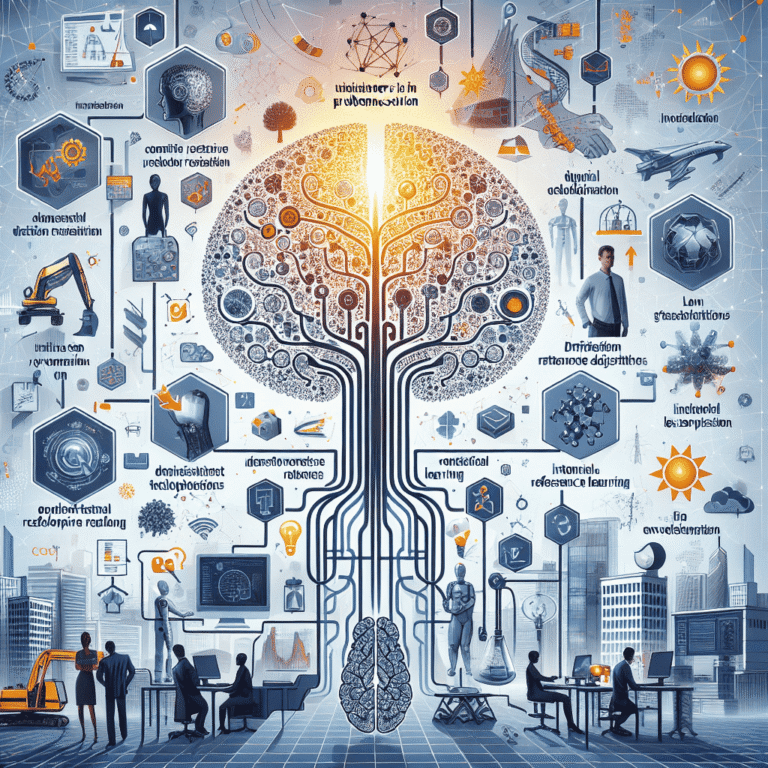The evolution of large language models since their public debut in 2022 has marked a significant shift in Artificial Intelligence capabilities. Where early models excelled at recalling information, today’s advanced reasoning systems move beyond pattern-matching to deploy nuanced, step-by-step problem-solving skills. These enhanced models, likened to experienced graduate students, systematically evaluate multiple solution paths, respond to ambiguous challenges, and make informed adjustments—all of which dramatically extend the possibilities for real-world applications.
Prabhat Ram, a partner architect at Microsoft, highlights this qualitative leap: reasoning models can now simulate decision trees and dynamically reassess their strategies, offering a methodical approach to autonomous tasks. Unlike their predecessors, which delivered instant responses via probabilistic inference, modern reasoning models apply internal reinforcement learning over longer durations, enabling multi-step analysis and more complex judgment. This evolution powerfully suits tasks where autonomy and risk assessment are crucial, such as Mars exploration vehicles or agentic systems handling everyday logistics like scheduling or travel booking.
Businesses stand to gain across sectors—from healthcare, where such systems could synthesize patient data and scientific research for diagnostics, to finance, where they could establish sophisticated investment or risk profiles. In domains like scientific discovery, reasoning models have the potential to accelerate breakthroughs by generating hypotheses and interpreting intricate datasets. However, the shift to reasoning-based Artificial Intelligence introduces vast computational demands, as each inference may require substantial processing time and resources. Companies like Microsoft are tackling these challenges through partnerships with hardware leaders such as NVIDIA, coordinating tightly on data center design, reliability, and adaptive scaling to ensure that organizations can equitably access these advanced capabilities. As infrastructure matures to support increasingly agentic Artificial Intelligence, the transformational impact of reasoning-based models will expand—potentially ushering in new scientific frontiers and redefining enterprise productivity.

